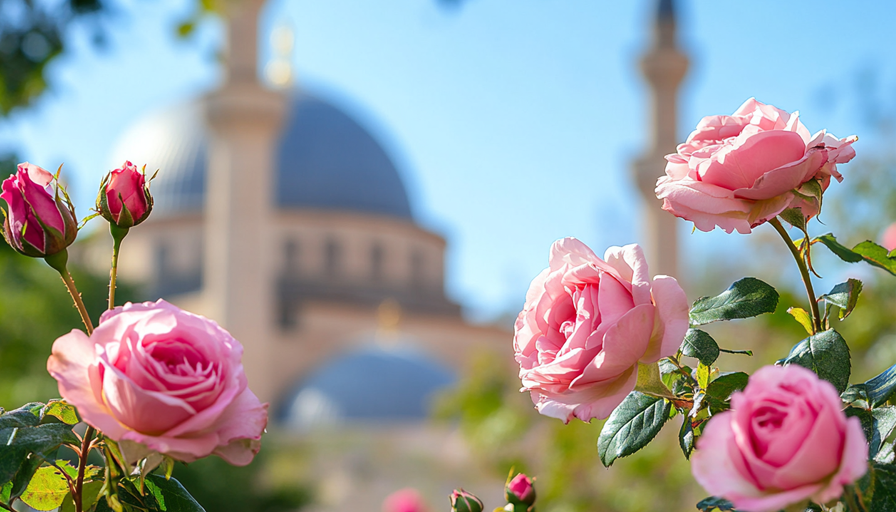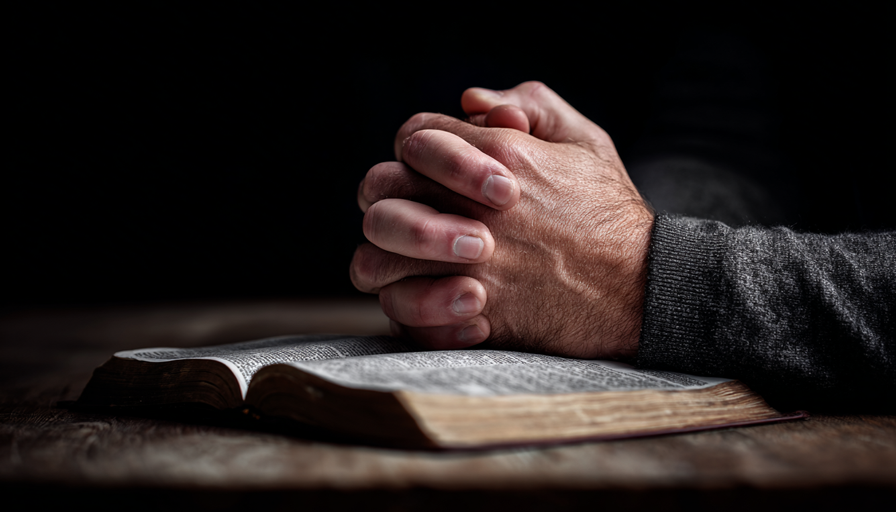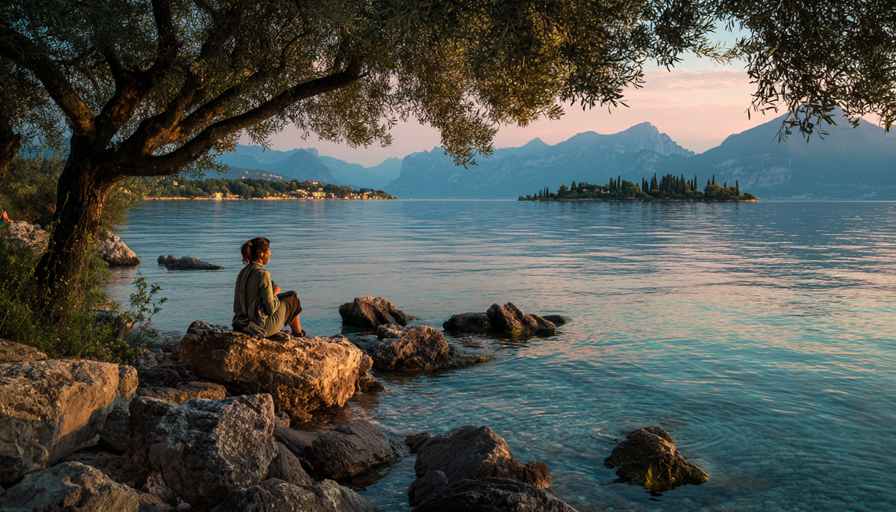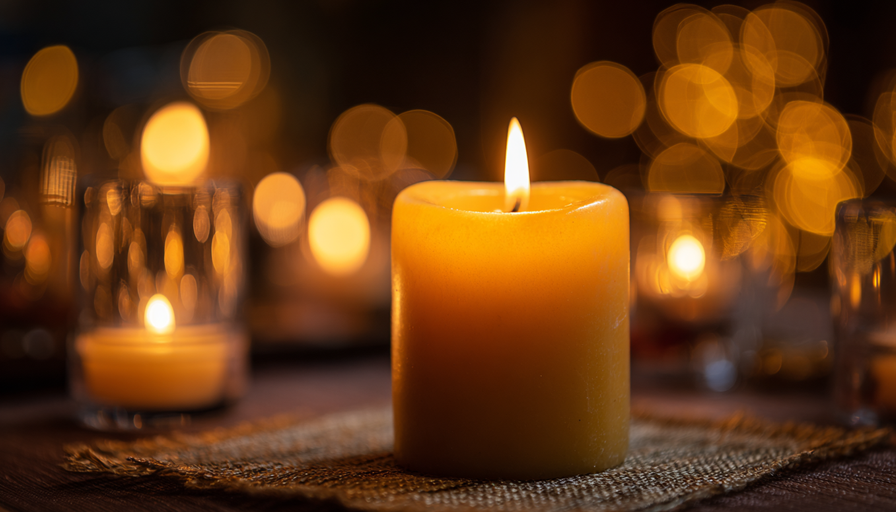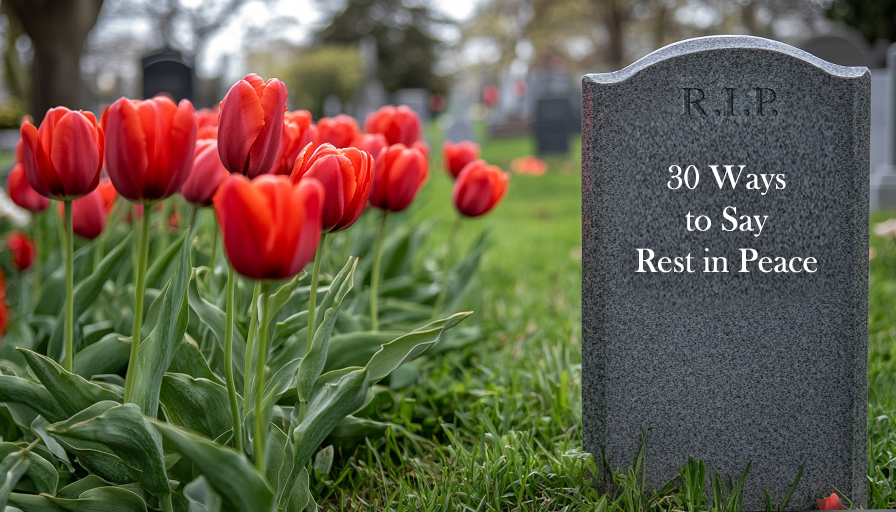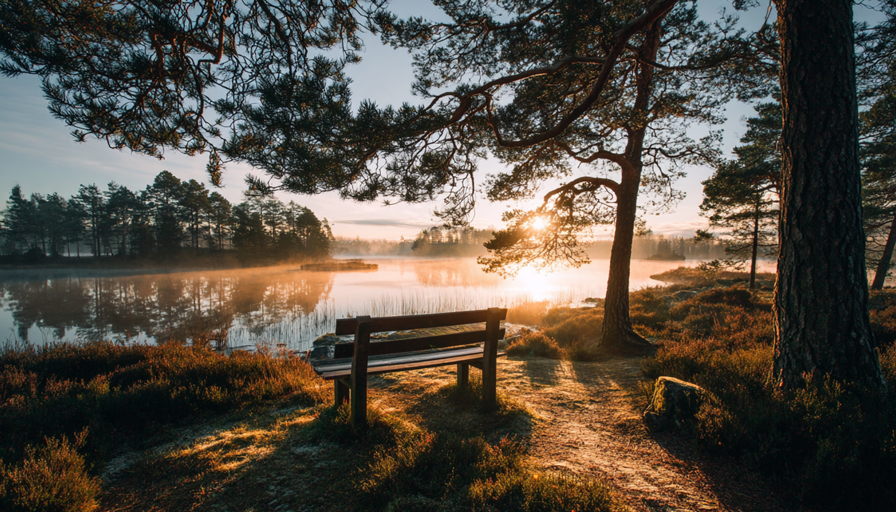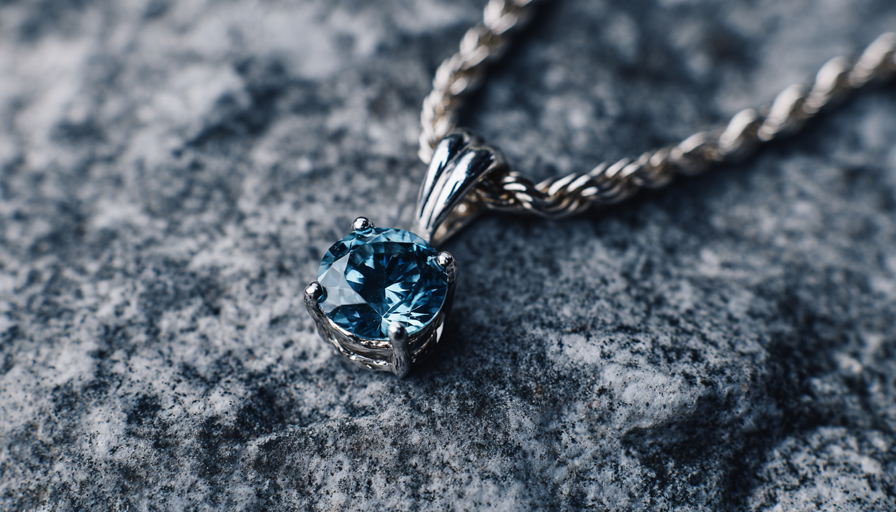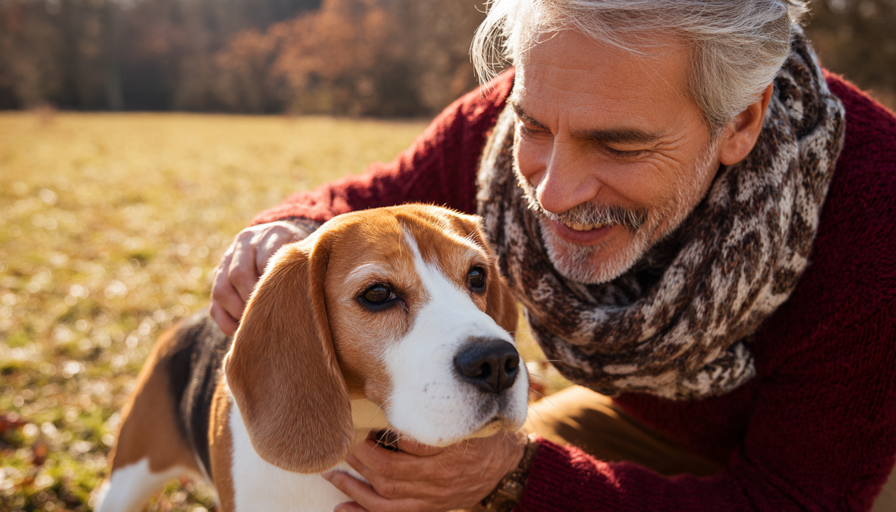Religions That Forbid Cremation: What You Should Know
When someone passes away, families are faced with important decisions — one of the most significant being how to handle their loved one’s remains. While cremation has become more common in the United States due to its affordability and flexibility, not all religions support this practice. In fact, for some faiths, cremation goes against deep-rooted beliefs about life, death, and what happens afterward.
If you're planning a funeral or simply exploring different cultural and spiritual traditions, it's helpful to understand which religions discourage or prohibit cremation — and why. Here's a closer look at the major religions that traditionally do not believe in cremation.
Islam
In Islam, cremation is strictly forbidden. The Quran and Hadith (sayings of the Prophet Muhammad) emphasize the importance of respecting the human body, both in life and after death. Muslims believe the body should be returned to the earth in the same way it was created — whole and unburned.
Why it’s prohibited:
- Cremation is seen as a violation of the body, which is considered sacred.
- Burial is a part of the Islamic funeral rites, ideally done as soon as possible after death.
- Traditional Islamic belief includes the resurrection of the body, making the preservation of remains important.
Common practice: Muslims typically bury their dead in a simple grave, often without a casket, facing Mecca.
Judaism
Judaism presents a more complex stance on cremation, depending on the denomination. Orthodox Judaism strongly prohibits cremation, while Conservative and Reform Jews may allow it under certain conditions — though burial is still preferred across the board.
Why Orthodox Jews oppose cremation:
- The Torah emphasizes burial: “You shall surely bury him” (Deuteronomy 21:23).
- Cremation is seen as destroying God's creation.
- Like Islam, Judaism also upholds the belief in bodily resurrection during the Messianic age.
Modern trends: Despite religious guidelines, some Jewish individuals, especially in more liberal communities, are choosing cremation for personal or environmental reasons. However, many Jewish cemeteries still prohibit the burial of cremated remains.
Eastern Orthodox Christianity
The Eastern Orthodox Church maintains a firm stance against cremation. For Orthodox Christians, the body is not just a vessel for the soul — it's an integral part of a person’s identity and spiritual journey. Therefore, the body must be treated with dignity, even after death.
Why it’s not allowed:
- Cremation is seen as a rejection of the Christian hope in the resurrection of the body.
- It is often associated with ancient pagan practices, which the early Church distanced itself from.
- Burial mirrors the burial and resurrection of Christ.
Rituals observed: Orthodox funerals involve an open casket service with prayers and the reading of Psalms. The body is anointed and laid to rest in a cemetery.
Traditional Christianity (Some Catholic and Protestant Views)
While cremation is generally accepted in the Catholic Church today, it wasn’t always that way. For centuries, cremation was forbidden because it was associated with denying the resurrection. The Catholic Church now allows cremation, but with specific conditions: the ashes must be buried in a cemetery or sacred place, not scattered or kept at home.
Some conservative or evangelical Protestant communities still discourage cremation, preferring traditional burial in accordance with Biblical customs.
Catholic Church guidance (as of 1963 onward):
- Cremation is permitted, but burial is preferred.
- The ashes should not be divided, scattered, or turned into jewelry.
- The emphasis remains on showing respect to the body.
The Bahá’í Faith
The Bahá’í Faith also discourages cremation. Adherents believe the body should be treated with great care and returned to the earth through burial, ideally within one hour’s travel from the place of death.
Reasons for burial:
- It reflects humility and a return to nature.
- Bahá’ís believe the soul is eternal, but the body deserves respect.
- Burial is viewed as a spiritual principle, not just a cultural custom.
Cremation is seen as interfering with this spiritual order and is avoided by devout followers.
Zoroastrianism
Zoroastrians traditionally do not practice cremation or burial. Instead, they place the deceased in a “Tower of Silence,” where the body is exposed to the sun and birds of prey — a process called "sky burial."
Beliefs behind this practice:
- Cremation and burial are considered polluting to the sacred elements of fire and earth.
- The body is believed to be impure after death, and exposing it to nature prevents contamination.
However, modern Zoroastrians living in urban areas may be forced to choose between cremation or burial due to legal and environmental restrictions — though neither is ideal in their faith tradition.
Why It Matters
Understanding which religions do not believe in cremation isn't just about respecting spiritual beliefs — it's about honoring the values, emotions, and traditions of the families involved. For many people, how a body is treated after death reflects a profound belief about what it means to live, die, and be remembered.
If you're making funeral arrangements, it's always wise to speak with a spiritual leader or religious representative to ensure your plans align with the beliefs of the deceased or their family.
While cremation continues to grow in popularity in the U.S., it’s not a universal choice. Religions such as Islam, Orthodox Judaism, Eastern Orthodoxy, and the Bahá’í Faith hold strong convictions against it. Even in traditions that now permit it — like Catholicism — there are still guidelines to follow that prioritize reverence and spiritual meaning.
In a multicultural society, being aware of these differences is not just respectful — it’s essential. Whether you're planning ahead for yourself or navigating the loss of a loved one, knowing what’s meaningful to your faith or culture can help guide you through one of life’s most emotional decisions.
If you have any questions, comments or according to you certain information is missing after reading this post, feel free to contact us via the contact form.

